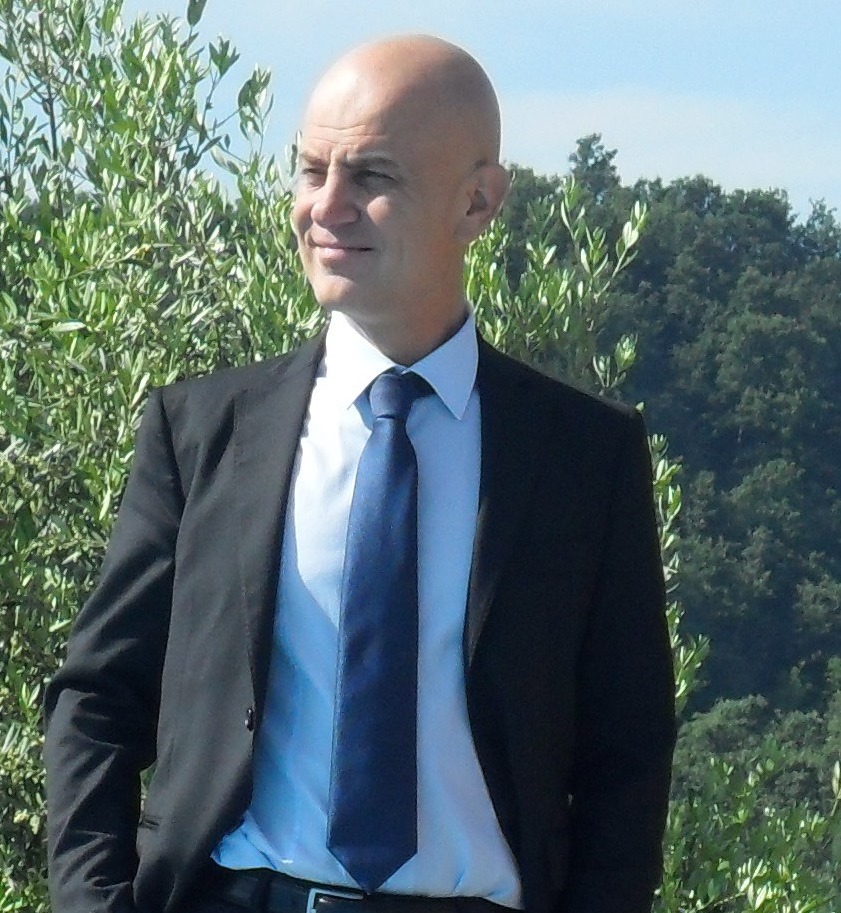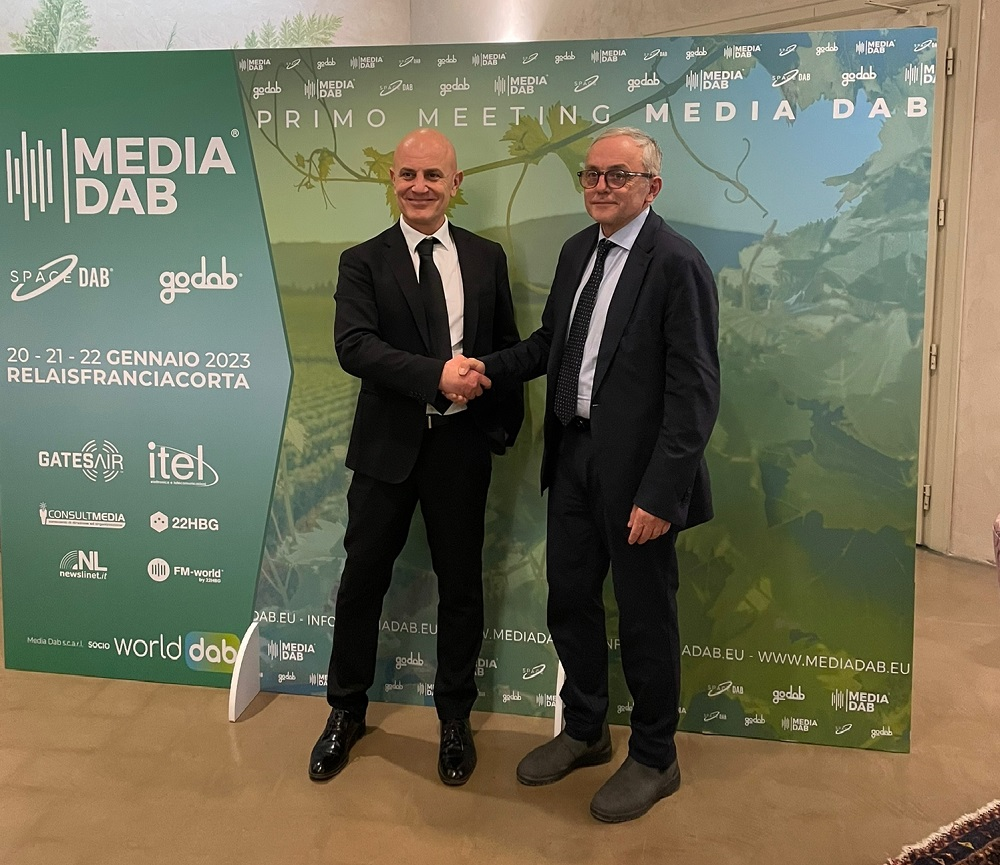The allocation of licences is approaching and we asked an expert what will happen. Pending final guidelines, as of today, those who broadcast on FM can participate (as members of a consortium, otherwise they will compete for the remaining space). Those who only operate in the digital band, on the other hand, have two options: buy an FM frequency or buy half the band that will be allocated to a radio station that is entitled to it

Source
The allocation of DAB frequencies in Italy is approaching and the scarcity of radio resources will not allow all consortia to obtain them. As a result, not all radio stations will be able to have a channel, particularly those that do not have FM frequencies. With Massimo Lualdi, who with Consultmedia has been assisting hundreds of publishers on regulatory issues for almost thirty years, we take stock of the situation regarding the prospects and steps to be taken by traditional publishers and those who have taken advantage of the current availability of channels to bring their web radio to DAB.
A premise: in Italy, the digital band has two limits: the unused channel 13 (reserved by the Ministry of Defence for the VHF links used by the Army) and the interference problems raised by neighbouring countries, which limit the number of channels that can be used, aggravated by the Ministry’s absence at the coordination tables over the last decade, which have left Italy with ‘the crumbs’.
What timeframe is envisaged for the contest and the subsequent allocation?
It is difficult to answer since the final guidelines for participation in the calls for tenders have not yet been published by the Ministry of Enterprise and Made in Italy. It was thought that they would be published by the end of February 2023, resulting in the publication of the calls for tenders in the current month of March and with the deadline for the submission of applications within the following 30 or 60 days (it is not even known how long this will be), but this has not happened. I assume it will be soon so we can estimate that by the beginning of the summer, the ministry will be able to start the screening and, barring any surprises, conclude the allocation by the end of the year.
For how many broadcasters will there be space on DAB?
Since the draft guidelines indicated a maximum limit of 72 CUs (capacitive units: allows 12 channels with a bitrate of 96 kbps on a multiplex) for each broadcaster, but (rightly, to avoid DTT errors) not a minimum, it is difficult to answer. Theoretically, 36 CU (equal to 48 kbps per channel) is considered a suitable value to carry the existing analogue to digital. But since not all broadcasters will give up the maximum due, the picture is still undefined.

Source
Will those operating on FM have priority in the allocation or only a higher score?
They will have it to the extent that only analogue licensees can participate in a consortium as partners. But if they have not done so before the tenders, they will have the same chance as independent, i.e. digitally native, providers.
Will a radio born on DAB still be able to broadcast? What steps will it have to take to avoid having to switch off and protect the investments made so far?
A few digital natives acquired analogue dealer status (by taking over the concession and FM plant in the region of interest). A few others have secured a 50% share of the 72 CUs due to an analogue dealer (allowing them to cut costs pro rata in the consortium). For the others, it will depend on the remaining spaces. As Consultmedia, we are convinced that the market will stabilise in the use of 36 CUs, which, if handled well from the point of view of the audio chain (source files, high-quality sound processing and Fraunhofer codecs), guarantee more than decent sound quality. With this in mind, all current independent providers in the experimental muxes should be able to survive.
Buy a concession and an FM channel? Some have already done so: will this new interest in FM drive up prices? (Which, as you write in the Newslinet magazine, have plummeted by 90% in recent years)?
Absolutely not. This is a transitory phenomenon related only to participation in tenders. In fact, we will see a new collapse immediately afterwards. I’ll say more: it is very likely that incentives will be provided at the ministerial level (at the instigation of Agcom, which has already expressed its opinion on the point) for the voluntary decommissioning of installations in exchange for a guarantee that analogue status will be preserved in digital form (hence the possibility of competing for contributions and other support measures, and of course of participating in consortia as members).
(Written by Fabrizio Carnevalini)
